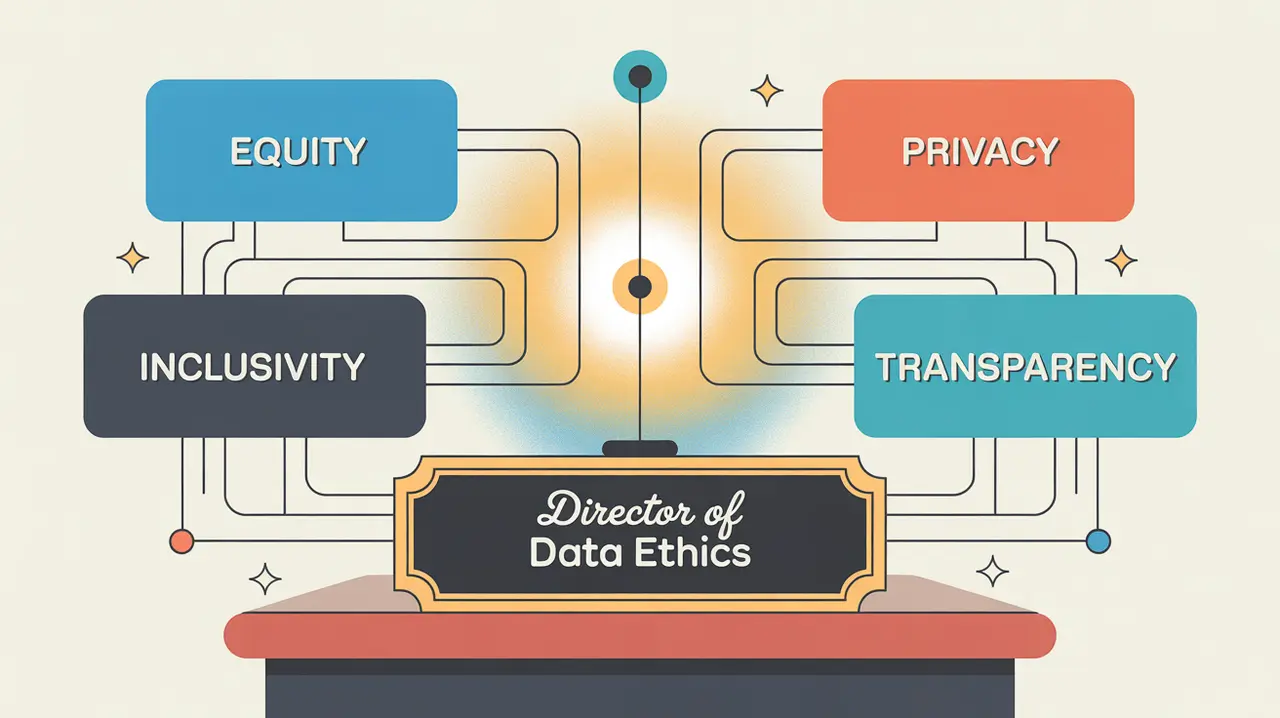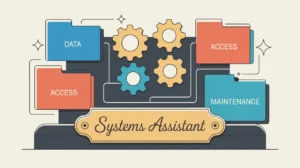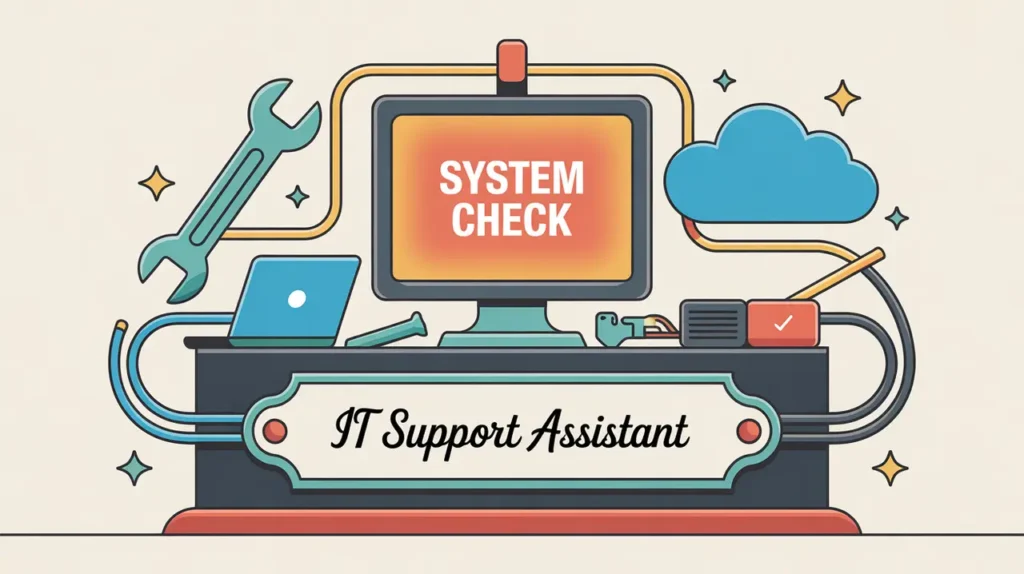What Does the Director of Data Ethics Role Involve?
A director of data ethics is responsible for establishing and leading the organization’s approach to ethical data governance, ensuring that data is collected, managed, and used in ways that align with legal standards, organizational values, and public trust. This involves developing ethical frameworks, overseeing compliance with privacy regulations, guiding responsible use of emerging technologies, and embedding ethical considerations into data strategy and operations. The role typically sits within the data, legal, or executive function and works closely with leadership, data teams, program staff, and external partners. In both nonprofits and social enterprises, directors of data ethics play a critical role in ensuring that data practices advance impact while protecting rights and maintaining integrity.
At What Level does this Role Operate?
Executive Level: This role typically reports to the chief data officer, chief legal officer, or chief executive officer. It involves setting policies, leading teams or cross-functional working groups, advising leadership, and engaging with external stakeholders to shape organizational data ethics practices.
Relative Employability: Director of data ethics roles are emerging and increasingly important across nonprofits, social enterprises, philanthropic organizations, international NGOs, and mission-driven enterprises. As organizations rely more on data and AI, professionals who can navigate the intersection of technology, regulation, and ethics are in growing demand.
Relative Pay Scale: Within nonprofits and social enterprises, director of data ethics roles sit in the executive pay bands, reflecting their strategic influence, technical and legal expertise, and advisory responsibilities.
What are the Key Responsibilities and Activities?
- Develop and lead organizational frameworks for ethical data use, privacy, and governance
- Establish policies and protocols to ensure compliance with data protection regulations and ethical standards
- Advise leadership and data teams on emerging ethical issues related to AI, analytics, and digital platforms
- Oversee mechanisms for data accountability, transparency, and informed consent
- Collaborate with legal, data, program, and communications teams to integrate ethical principles into operations
- Monitor regulatory changes, technological trends, and public sentiment to keep policies up to date
- Lead training and capacity-building initiatives to foster a culture of ethical data use across the organization
- Represent the organization in external forums, partnerships, and networks on issues of data ethics and governance
What Core Competencies and Qualifications are Needed?
Required Qualifications and Experience
The following reflect common qualifications and experience expected for this role, while recognizing that pathways may vary by context, organization, and region.
- Relevant academic background in law, data science, public policy, ethics, information systems, or a related field, or equivalent professional experience
- Extensive experience in data governance, privacy, compliance, or ethics-focused leadership roles
- Strong understanding of legal frameworks, ethical standards, and technological trends related to data and AI
- Proven ability to design and implement organizational policies and frameworks
- Excellent advisory, communication, and cross-functional collaboration skills
Key Competencies
- Ethical data governance and regulatory strategy
- Policy development and implementation
- Advisory and strategic communication with leadership
- Cross-functional collaboration and influence
- Awareness of emerging technology and societal trends
- Capacity building and culture change leadership
How are AI and Automation Shaping this Role?
An AI-native director of data ethics will look to AI and automation both as tools to enhance governance and as areas requiring careful oversight. They can use AI to monitor data practices, flag anomalies, and support compliance tracking. At the same time, they must critically assess and guide how AI systems are deployed within the organization to ensure fairness, accountability, and transparency. Automation can support documentation, regulatory monitoring, and policy enforcement, enabling directors to focus on strategic ethical leadership and stakeholder engagement. By integrating AI thoughtfully, directors of data ethics can position their organizations as trusted and responsible data stewards.
What Career Pathways and Transferable Skills are Associated with this Role?
Director of data ethics roles can lead to positions such as chief data officer, chief risk officer, or other senior leadership roles at the intersection of technology, governance, and strategy. The skills developed in regulatory strategy, ethical governance, cross-functional leadership, and technology oversight are highly transferable across nonprofits, social enterprises, philanthropic institutions, government agencies, and private sector organizations. This role provides a strong platform for shaping organizational responsibility and trust in the digital age.







